Independent India’s experiment with the democratic form is unique, and the contestation over its successes and failures has found expression in a wide-ranging and lively debate. This collection of readings brings together the finest scholarly writings on several dimensions of India’s democracy. The Introduction situates Indian democracy in the context of the basic principles of democratic theory, as well as contemporary debates about the relationship of democracy with civil society, cultural diversity, and development. The opening essays explore the colonial lineage of democracy in independent India, as well as its inherited contradictions. Other essays on the state and democracy address the crucial question — has the state contributed to the decline of democracy, or has democratic politics undermined the state’s capability to govern? Democracy faces particularly difficult challenges in plural societies, and several essays discuss India’s rather unique experience of negotiating cultural diversity through democratic institutional mechanisms. Social movements and public action emphasize the importance of civil society for the performance of democracy. The dissemination of egalitarian ideas through popular culture is explored, and democracy itself is interpreted as a festive ritual. Some tensions between political democracy and economic development are identified, and the impact of recent trends in Indian democracy on economic reforms discussed. Other essays examine how democracy is experienced at the local level, especially through institutions of local selfgovernment. The concluding essays in the volume explore the future of Indian democracy as the discourses of dalit political mobilization and the forces of Hindutva seek to redefine it.

Democracy in India
In stock
Free & Quick Delivery Worldwide
reviews
Bibliographic information
Title
Democracy in India
Author
Edition
1st ed.
Publisher
ISBN
0195655613
Length
xxii+571p., 23cm.
Subjects

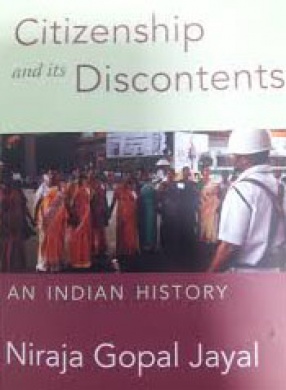
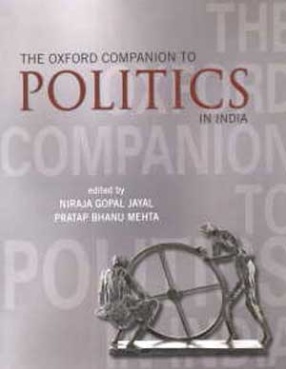
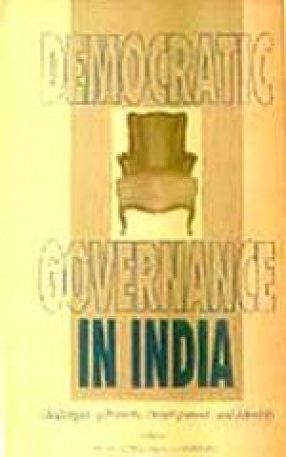
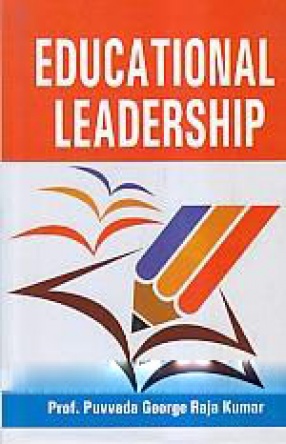

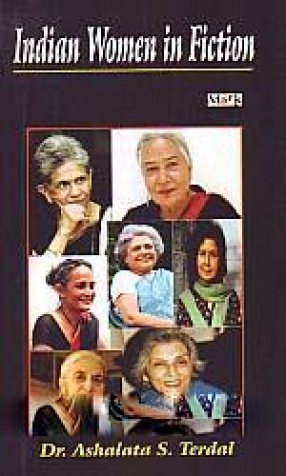
There are no reviews yet.